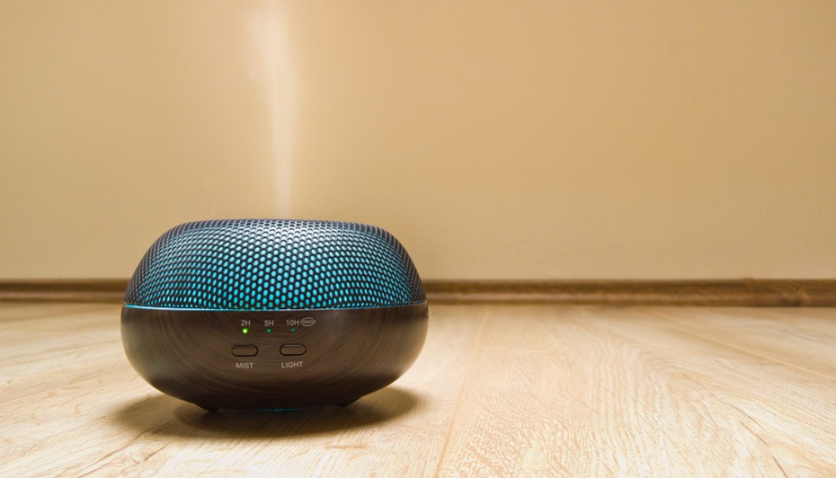
Numerous businesses sold COVID-19 air cleaners during the peak of the pandemic in 2020. However, it turns out that the government has not officially supported the claims that these products made.
COVID-19 Air Cleaner Dilemma
Fortune reported an incident with one of the sellers, Stephen Matthew Shumaker, who turned to sell air-cleaning products to help his water filtration business afloat.
Shumaker handed out cards to promote the product, but one postal inspector who received it filed a complaint, claiming that the advertisement was false and misleading.
According to the criminal complaint, Shumaker said that the air purifier kills the COVID-19 virus on the spot, a claim that is not clinically proven.
Shumaker told KHN that police officers detained him. By August, he pleaded guilty to misbranding the product label with no Environmental Protection Agency or EPA establishment number.
Shumaker said that he just sold the products straight from the manufacturers, and he did not know about the sticker.
ActivePure Technologies, the company that makes the air cleaner, said that Shumaker was not an authorized sales agent of its products.
Government Oversight
The COVID-19 air cleaners use high-voltage charges that claim to purify the molecules in the air. The tech companies selling the air cleaners claim that they can destroy pathogens and clear the air around you.
However, experts say that the technology can be ineffective and may even create harmful by-products. The companies that make the air cleaners and purifiers do not have standardized testing or evaluation of their marketing claims.
According to KHN, over 2,000 schools across the United States have bought air cleaners.
Delphine Farmer, an associate professor at Colorado State University specializing in atmospheric chemistry, said that one of the reasons these companies thrive, especially during the pandemic, is that nobody in the government is checking what they do.
Numerous federal agencies have truth-in-advertising oversight powers but did nothing about air cleaners and even left loopholes in the law that allowed companies to sell products. These promising solutions have not been proven.
The Centers for Disease Control and Prevention or the CDC does not regulate the air cleaners but recommends portable HEPA filters to clean the air in closed spaces.
In comparison, dry hydrogen peroxide air purifiers have a less documented record in air cleaning.
The CDC also urges consumers to research the technology used by the air cleaners and request testing data from the companies before buying the products.
The Food and Drug Administration or the FDA regulates medical devices. But only air cleaners for direct medical use or that make a medical claim, like relieving allergies, are qualified. The FDA does not consider ads that say a device can kill a microorganism.
Instead, the COVID-19 air cleaners fall under the Environmental Protection Agency or EPA's authority as devices marketed to destroy pests, including viruses or bacteria.
But unlike chemical pesticides, the EPA does not register devices, which means it does not routinely review their efficacy or their safety.
In order to fill the gaps, states are making their own laws. For example, California officially bans the sale of air cleaners that emit more than a certain level of toxic ozone gas.
Related Article: Scientist Will Be Able to Gather Information About COVID-19 Through The Air
This article is owned by Tech Times
Written by Sophie Webster
ⓒ 2026 TECHTIMES.com All rights reserved. Do not reproduce without permission.




